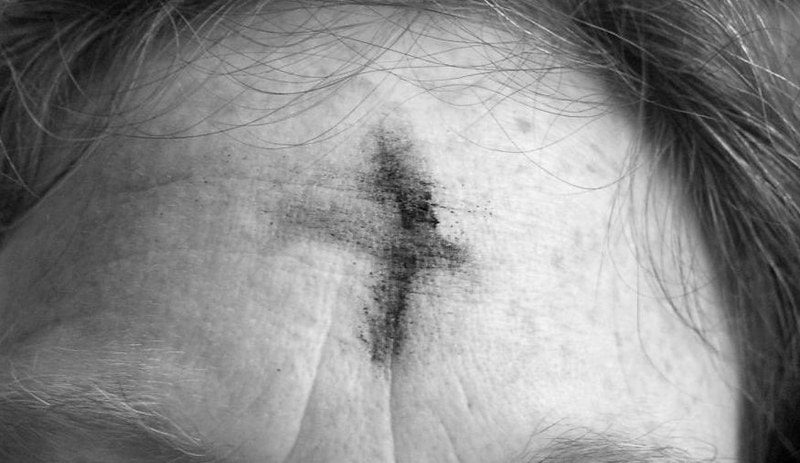PASTOR'S BLOG
Discovering Spiritual Truths & Celebrating God's Grace in the Every Day Happenings of Life.
 "For dust you are and to dust you shall return." Genesis 3:19 With COVID concerns still real and restrictions still necessary, more churches than ever (ours included) will not be doing the imposition of ashes this year. And while that may seem strange for some, it can also provide a helpful reality check. Why do we do it? What’s the point? Is our worship invalid or incomplete without it? This now suspended tradition reminds us that all such customs, although potentially helpful, are just man-made symbolic gestures. Think about it, you don’t need dirt on your forehead to remind you that you are soiled in sin and stuck in a fallen world. That evidence is all around us! The prophet Joel reminded the people of Israel that, when it came to repentance, God was interested in their attitudes far more than their actions, attentive to their hearts far more than their visible exterior, concerned with their character far more than their customs. “Yet even now,” declare the Lord, return to me with all your heart, with fasting, with weeping, and with mourning; and rend your hearts, not your garments. Return to the Lord, your God, for he is gracious and merciful, slow to anger, and abounding in steadfast love; and he relents over disaster.” In other words, true repentance is an inward condition, not an outward appearance. God wants our hearts, not our foreheads. True repentance is not a matter of ashes underneath your hairline, but a repentant posture of the heart before God. "Lord, I'm flawed and a failure. But I am yours, save me!" This is a confession we can make no matter the use of external traditions or practices. But if we can use something so that these resonate a bitter deeper, in a way that convicts us and strikes us to our sinful core than so be it. As such, the reason for this ritual practice that starts the season of Lent boils down to three primary purposes: First, the ashes remind people of their sinfulness. Second, the ashes remind people of their mortality. Third, the ashes remind people that they have been redeemed. If you partake in ashes or not (this year or any other), just remember this... whether you receive that dirty smudge and reminder of death on Ash Wednesday or not, what is far more significant than the symbolic act of putting this mark of ashes on the forehead, is the Gospel-laden action of washing them off afterwards. The ashes are only worth “celebrating” if it serves to bring us back to the soul-cleansing, dirt-washing, sin-removing work of our Savior Jesus. In Jesus, our slow-to-anger and merciful God relents over our deserved and pending disaster. We are plucked from the perils of wrath and hell, and placed into the cleansing blood of Jesus. No longer is our final destination the dust of the ground, but now we look forward to the beautiful gates of paradise. As a believer splashes water on his/her forehead to remove that dirty mark, we remember our baptism where we were cleansed of sin through water and the Word. We know we can’t save ourselves so we “rend our hearts” back to the Lord to receive the gift of purifying that only Jesus can give. Whether literally marked with ashes or not, we enter the penitential season of Lent praying that God would have mercy on us, forgive us our sin and bring us to everlasting life! "Create in us a clean heart, O God, and renew a right spirit with us" (Psalm 51)
0 Comments
Leave a Reply. |
AuthorPastor Steve Vera Categories |